
Jammu, Kashmir, and Ladakh: A Journey Towards Development, Democracy, and Dignity
On the 11th of December 2023, the Honourable Supreme Court of India delivered a landmark judgment that echoed across the breathtaking landscapes of Jammu, Kashmir, and Ladakh. The verdict on the abrogation of Articles 370 and 35(A) marked a historic moment, upholding the sovereignty and integrity of India. As the Prime Minister of this diverse and culturally rich nation, I am profoundly moved by the court’s decision, recognizing the move as an essential step towards constitutional integration rather than disintegration.
The Supreme Court rightly observed that the decision taken on the 5th of August 2019, was aimed at enhancing constitutional integration. The court, in its wisdom, acknowledged that Article 370 was not intended to be permanent, dispelling misconceptions that had lingered for decades.
Jammu, Kashmir, and Ladakh, with their enchanting landscapes and diverse cultures, have long captured the hearts of poets, artists, and adventurers. However, the region has also borne witness to seven decades of violence and instability, a fate undeserving of its wonderful people.
Reflecting on the past, it is evident that the confusion within our society, stemming from centuries of economic and mental subjugation, adversely affected our approach to issues. Unfortunately, Jammu and Kashmir became a casualty of this confused mindset. At the time of independence, we missed the opportunity to foster national integration, choosing instead to perpetuate a state of confusion that contradicted our long-term national interests.
From an early stage in my life, I was connected with the Jammu and Kashmir Andolan, viewing the issue not merely as a political matter but as one addressing the aspirations of the society. Figures like Dr. Syama Prasad Mookerjee and Atal Bihari Vajpayee played pivotal roles, emphasizing the need to address the humanitarian aspects of the Kashmir issue.
It has always been my belief that the situation in Jammu and Kashmir represented a great betrayal to our nation and its people. The desire to rectify this injustice and alleviate the suffering of the region’s people has been a driving force throughout my political career.
In straightforward terms, Articles 370 and 35(A) were formidable obstacles, creating a divide between the people of Jammu and Kashmir and the rest of the country. These articles deprived the region of the rights and development enjoyed by other Indians, perpetuating a sense of distance between citizens of the same nation. The removal of these obstacles was crucial to bridging this gap and fostering inclusive development.
Having closely observed the issue for several decades, I was acutely aware of its complexities. However, one thing remained crystal clear—the people of Jammu and Kashmir sought development, a better quality of life, and an end to violence and uncertainty.
Our approach to serving the people of Jammu and Kashmir centered on three pillars: understanding citizens’ concerns, building trust through supportive actions, and prioritizing development. This commitment was evident in various initiatives, such as the response to the deadly floods in 2014, where we provided special assistance for rehabilitation, demonstrating our government’s commitment to supporting the region during crises.
To further strengthen Jammu and Kashmir’s development journey, our government prioritized direct interaction with the people through ministerial visits. Over 150 such visits took place from May 2014 to March 2019, setting a record in itself. The 2015 special package addressed critical developmental needs, focusing on infrastructure, job creation, tourism promotion, and support to the handicraft industry.
Recognizing the transformative power of sports, we harnessed its potential in Jammu and Kashmir, witnessing the positive impact on youth aspirations and futures. Initiatives like upgrading sporting venues, organizing training programs, and encouraging local football clubs showcased the region’s talent and potential for growth.
The Panchayat polls represented a watershed moment, emphasizing the democratic nature of the people of Jammu and Kashmir. Despite facing the choice between remaining in power and standing by our principles, we prioritized the ideals we stood for and the aspirations of the people. The success of these polls demonstrated the commitment to democracy and development in the region.
The historic day of 5th August 2019, when Parliament passed the decision to abrogate Article 370, marked a turning point in the region. Four years later, the resounding support from the people reflects their approval of this decision, evident in the wave of development across Jammu, Kashmir, and Ladakh.
Over the past four years, there has been a renewed faith in grassroots democracy, with a focus on empowering women, tribals, SCs, STs, and marginalized sections of society. Ladakh’s aspirations, long ignored, found expression on 5th August 2019. Central laws now apply uniformly, and a three-tier Panchayati Raj System is in place, ensuring representation and development.
Central government schemes have reached saturation levels, benefiting all sections of society. Initiatives like Saubhagya, Ujwala, and Ujjwala have made significant strides. Housing, tap water connections, and financial inclusion have seen improvements. Healthcare infrastructure has been upgraded, with all villages achieving ODF Plus status. Transparent and process-driven filling of government vacancies has replaced corruption and favoritism. Indicators like IMR have shown positive trends, and the boost to infrastructure and tourism is evident to all.
The verdict of the Supreme Court on 11th December 2023 further strengthens the spirit of ‘Ek Bharat, Shreshtha Bharat,’ emphasizing unity and a shared commitment to good governance. Today, every child born in Jammu, Kashmir, and Ladakh has a clean canvas to paint a future full of vibrant aspirations. The dreams of the people are no longer prisoners of the past but possibilities for the future. Development, democracy, and dignity have replaced disillusionment, disappointment, and despondency.
In conclusion, the journey of Jammu, Kashmir, and Ladakh is a testament to the resilience of its people and the collective will to embrace a future defined by progress, unity, and prosperity.
The content authored by Indian Prime Minister Narendra Modi on www.narendramodi.in has been condensed and summarized by www.epardafas.com.
Read Full Article: ‘SC verdict on Article 370 has strengthened the spirit of Ek Bharat, Shreshtha Bharat’ (narendramodi.in)
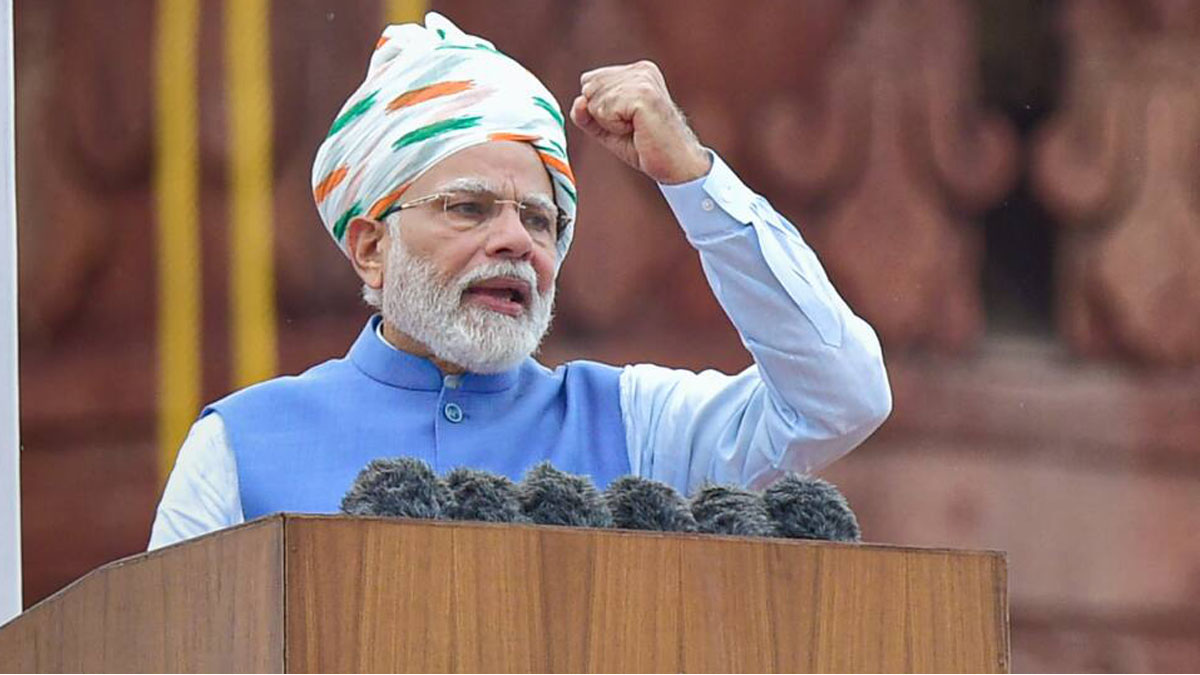

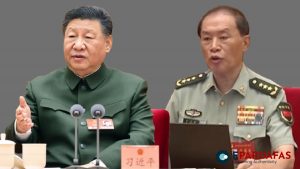
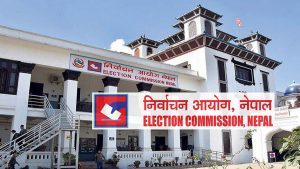
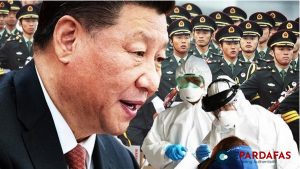
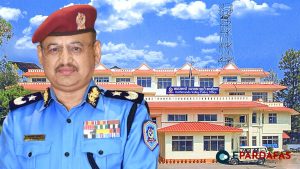

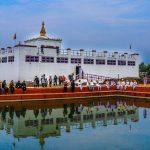

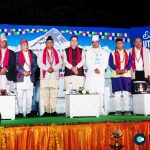



Comments